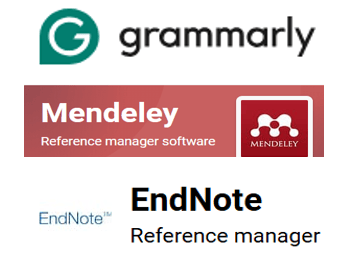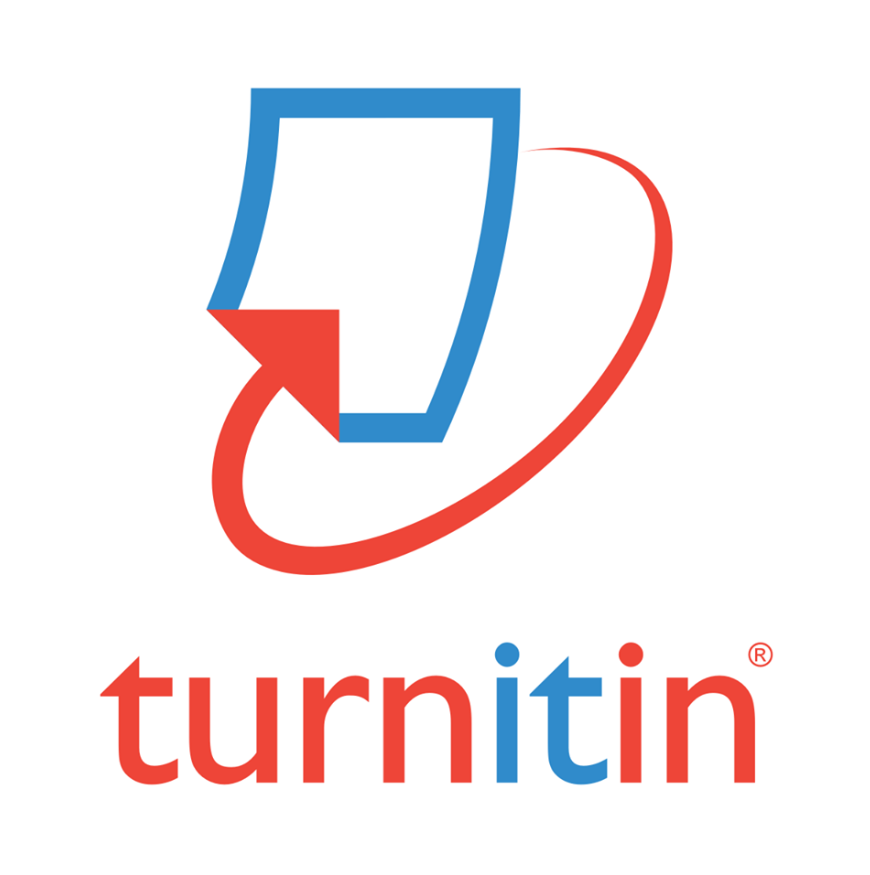Building Recommender Systems with Machine Learning and Data Mining Techniques Building Recommender Systems with Machine Learning and Data Mining Techniques
DOI:
https://doi.org/10.37375/sjfssu.v4i1.2677Abstract
The current study presents a unique use of machine learning algorithms for developing a recommendation system. Recommender systems are often employed in a wide range of industries, including e-commerce, entertainment, and search engines. Recommender systems are algorithms that utilize user preferences and behavior to recommend relevant objects, such as movies, books, goods, or songs. This article examines the many characteristics and features of different methodologies used in recommendation systems, with an emphasis on filtering and prioritizing important information to serve as a compass for searches. When recommender engines properly recommend individualized content or items, they provide businesses with a competitive advantage over rivals and generate considerable income. This study investigates content-based filtering, which suggests things with comparable attributes to those that a user previously liked. It also investigates hybrid filtering, which combines content-based and collaborative filtering techniques (using user-item interaction data) to solve issues such as the cold start problem (little user data) and data sparsity (few user-item interactions). The installed recommender systems that use content-based and hybrid filtering approaches produce promising individualized suggestions. Content-based filtering is particularly effective at proposing comparable goods, but hybrid filtering provides a more diversified and accurate suggestion pool by including user preferences. Content-based filtering has limits owing to data sparsity, which hybrid filtering addresses. This article discovered that the suggested technique uses content-based filtering when applied to small to medium-sized datasets. However, hybrid filtering is used when the dataset is vast and sparse.
References
Deldjoo, Y., Nazary, F., Ramisa, A., Mcauley, J., Pellegrini, G., Bellogin, A., & Noia, T. D. (2023). A review of modern fashion recommender systems. ACM Computing Surveys, 56(4), 1-37.
Reddy, S. V. G., Putchakayala Meher Sowjanya, A. P. K. R., Sai, B., Saketh, L. Y. K., & Reddy, K. V. A. (2023). MOVIE RECOMMENDATION SYSTEM USING COLLABORATIVE FILTERING.
Zahrawi, M., & Mohammad, A. (2021). Implementing recommender systems using machine learning and knowledge discovery tools. Knowledge-Based Engineering and Sciences, 2(2), 44-53.
Permana, A. H. J. P. J., & Wibowo, A. T. (2023). Movie Recommendation System Based on Synopsis Using Content-Based Filtering with TF-IDF and Cosine Similarity. International Journal on Information and Communication Technology (IJoICT), 9(2), 1-14.
Khan, E. M., Mukta, M. S. H., Ali, M. E., & Mahmud, J. (2020). Predicting users’ movie preference and rating behavior from personality and values. ACM Transactions on Interactive Intelligent Systems (TiiS), 10(3), 1-25.
Chiny, M., Chihab, M., Bencharef, O., & Chihab, Y. (2022). Netflix Recommendation System based on TF-IDF and Cosine Similarity Algorithms. no. Bml, 15-20.
Vaz, P. C., Martins de Matos, D., Martins, B., & Calado, P. (2012, June). Improving a hybrid literary book recommendation system through author ranking. In Proceedings of the 12th ACM/IEEE-CS joint conference on Digital Libraries (pp. 387-388).
Rana, A., & Deeba, K. (2019, November). Online book recommendation system using collaborative filtering (with Jaccard similarity). In Journal of Physics: Conference Series (Vol. 1362, No. 1, p. 012130). IOP Publishing.
Dong, Z., Wang, Z., Xu, J., Tang, R., & Wen, J. (2022). A brief history of recommender systems. arXiv preprint arXiv:2209.01860.
Ko, H., Lee, S., Park, Y., & Choi, A. (2022). A survey of recommendation systems: recommendation models, techniques, and application fields. Electronics, 11(1), 141
Rani, U., & Bidhan, K. (2021). Comparative assessment of extractive summarization: textrank tf-idf and lda. Journal of Scientific Research, 65(1), 304-311.
Yunanda, G., Nurjanah, D., & Meliana, S. (2022). Recommendation system from microsoft news data using TF-IDF and cosine similarity methods. Building of Informatics, Technology and Science (BITS), 4(1), 277-284.
Attalariq, M., & Baizal, Z. K. A. (2023). Chatbot-Based Book Recommender System Using Singular Value Decomposition. Journal of Information System Research (JOSH), 4(4), 1293-1301.
Ankam, V. (2016). Big data analytics. Packt Publishing Ltd.
Baesens, B., & vanden Broucke, S. (2020, February 24). Singular Value Decomposition in Recommender Systems.DataMiningApps.https://www.dataminingapps.com/2020/02/singular-value-decomposition-in-recommender-systems/
Downloads
Published
Issue
Section
License
Copyright (c) 2024 Scientific Journal for Faculty of Science-Sirte University

This work is licensed under a Creative Commons Attribution 4.0 International License.














